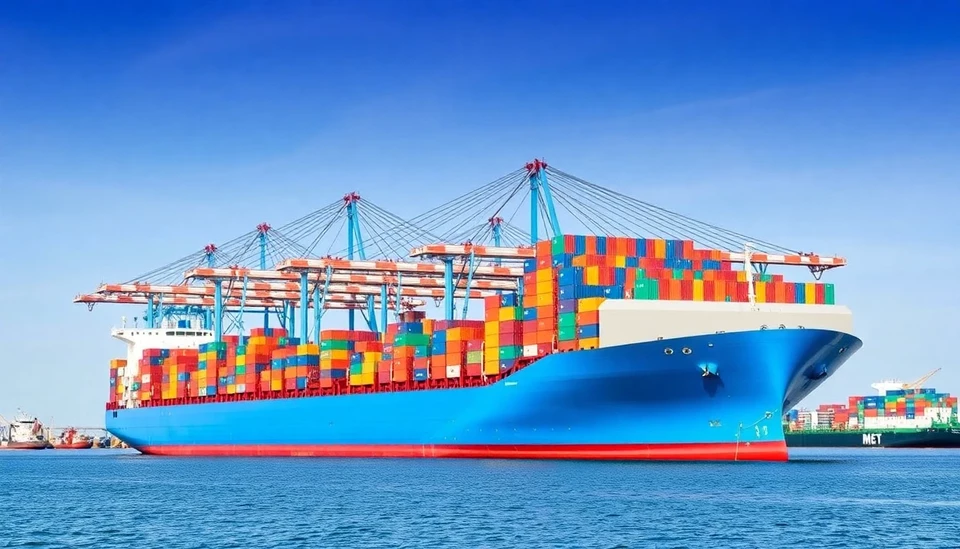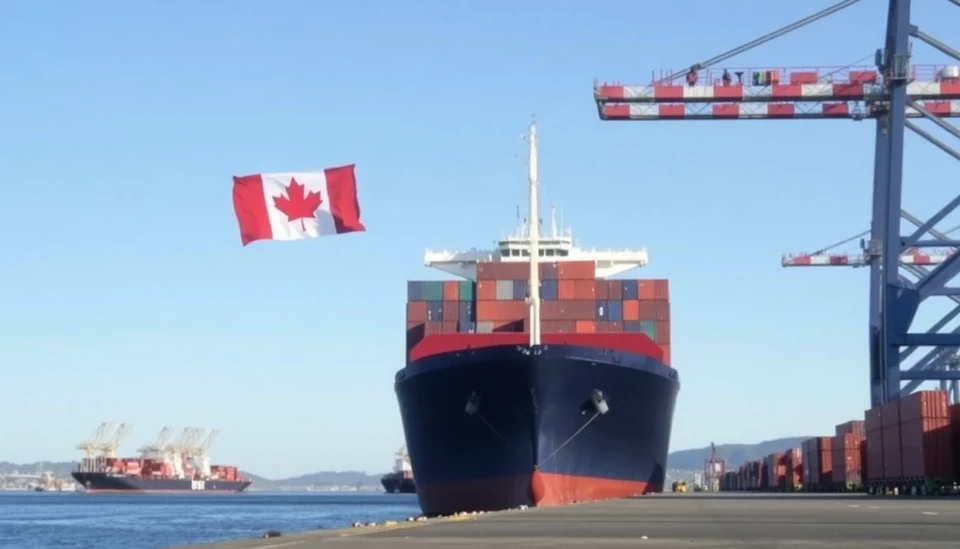
In a significant move to mitigate disruptions in trade, the Canadian government has mandated that ports across the nation resume operations following prolonged labor disputes that have hindered commercial activity. This decision comes as the country grapples with mounting economic pressures and logistical challenges posed by the ongoing strikes, which have affected both domestic and international shipping lanes.
The unprecedented labor unrest at key shipping sites has led to a backlog of goods at ports, significantly impacting industries reliant on timely freight services. From agriculture to manufacturing, the effects of these disruptions have rippled through the economy, threatening to stifle the recovery initiatives that have been put in place post-pandemic.
Officials have expressed urgency in addressing these labor disputes, highlighting the critical nature of ports as gateways for trade. The revival of operations is intended to ensure that freight movement is restored promptly, enabling businesses to continue their operations with minimal interruptions. The government’s directive is designed to ease the strain on the supply chain, which has been under severe duress due to a combination of worker shortages and stalled negotiations.
Reports indicate that while some progress has been made in negotiations between port authorities and labor unions, a comprehensive resolution remains elusive. Labor representatives have voiced concerns over working conditions and wage disputes, which have fueled the strikes at several major ports. The government’s intervention aims to foster negotiations while ensuring that trade continues to flow without significant hindrance.
The implications of these labor disputes extend beyond borders, as Canada's trade partners are also feeling the pressure of these disruptions. Many U.S. businesses and foreign entities depend on Canadian ports for importing and exporting goods, making the situation a cause for concern on both sides of the border. As Canada moves to stabilize its ports, it is crucial for trade relations to remain intact, preventing further economic fallout.
As the government works to navigate these challenges, stakeholders are watching closely. The situation highlights the delicate balance between labor rights and the need for operational continuity in a globalized economy. With promises of resolution on the horizon, all eyes are on the negotiations that could ultimately mark the end of these challenging labor disputes.
In conclusion, the Canadian government's prompt action to restart port operations is a significant step toward alleviating the disruptions caused by labor disputes. As negotiations continue, the hope is that a lasting solution can be reached to ensure the smooth functioning of one of the country’s most vital economic arteries.
#CanadaPorts #LaborDispute #TradeNews #EconomicImpact #SupplyChain #ShippingIndustry #FreightFlow
Author: Rachel Greene
